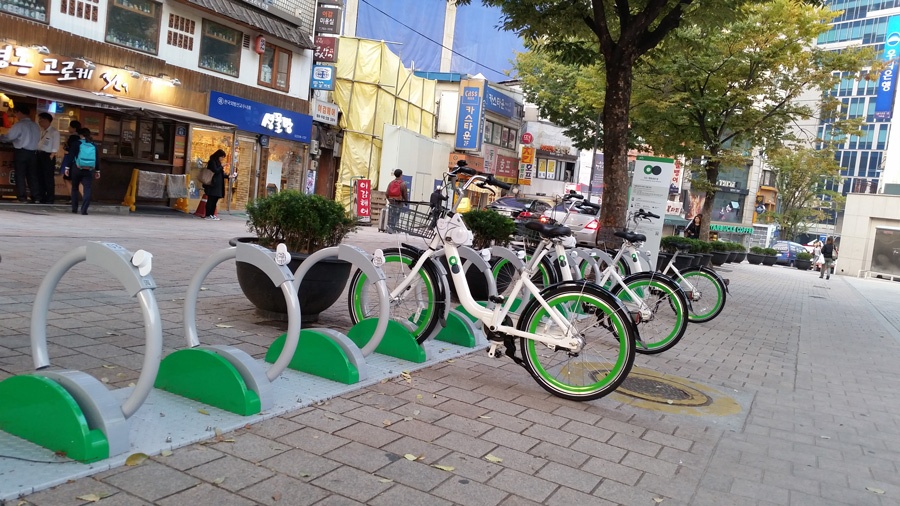
Uploaded on 2015-11-29 by nimedi
The dominant fossil fuels are oil, coal and gas. While the production is very low, the import of these fossil fuels is extremely high and only a very little export exists for oil. **2. Where are the dominant fossil fuels mainly used for in your country? (e.g. transport, industry, non-energy use etc.)** The majority of fossil fuels has a non-energy use (specified as non-energy use industry in the final consumption). There 43.3 Mtoe (100% oil products) are consumed. Second is transport with 31.4 Mtoe (29.6 Mtoe is Oil products and 1.2 natural gas). Third is other with a consume of 13.1 Mtoe natural gas and 8.2 Mtoe oil products. Then comes industry with 9.8 Mtoe natural gas and 3.5 Mtoe oil. The industry sector receives the energy mainly through electricity (around a third of that is nuclear energy). **3. It is your task to create a new policy in order to improve the environmental friendly and sustainable sources and consumption of energy of your country. How would you do that? Think of how you can improve the sources and the consumption of energy.** Korea is strong in the chemical industry and this is probably the reason for the high non-energy use of fossil fuel. I would try to promote other economic sectors that depend less on petroleum. I would try to communicate the advantages of a more diverse and environmentally-friendly economy to the public and business sector. I can imagine that the chemical companies receive a lot of subsidies from the government and I would try to either reduce them or try to improve the regulations on the oil imports. At the same time I would try to create incentives for startups in creative industries, small and medium enterprises in the renewable energy field and other long-term businesses. Then regarding transport, the second biggest consumer of fossil fuels, I would try to enhance the development of electric vehicles, while promoting public transport and charging car users more. Fuel subsidies have to be reduced and more money has to be allocated for public transport. Taxis and many buses in South Korea use LPG (natural gas) these days. It is better than diesel or gasoline but slowly the transition to electric engines has to be enhanced. Policies can help to speed up the process. Seoul just introduced a new public bike-sharing system: ![Bike Sharing in Seoul][1] It reduces the need for car and improves the health of citizens. Such a measure would be also very nice in Suwon. [1]: https://edxuploads.s3.amazonaws.com/14487971321844148.jpg